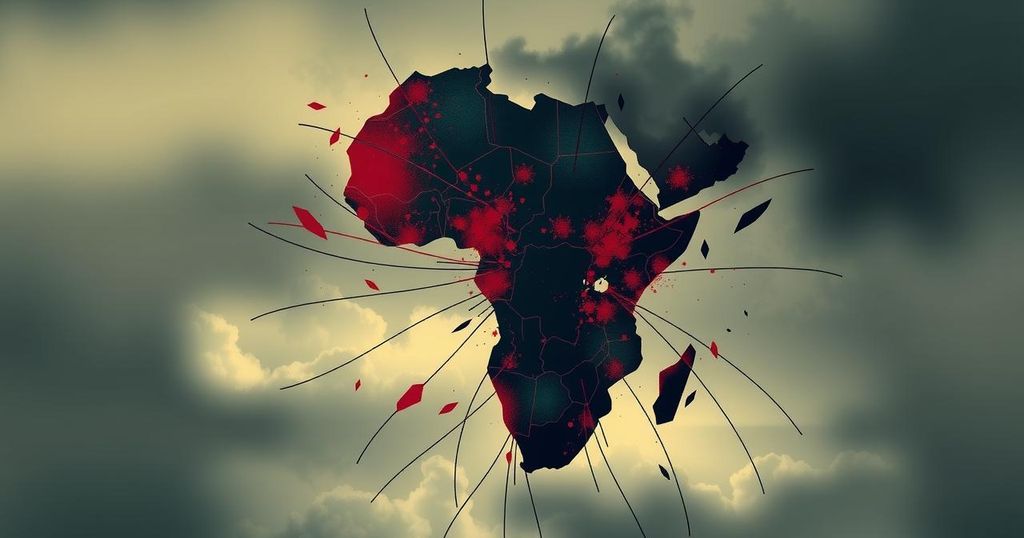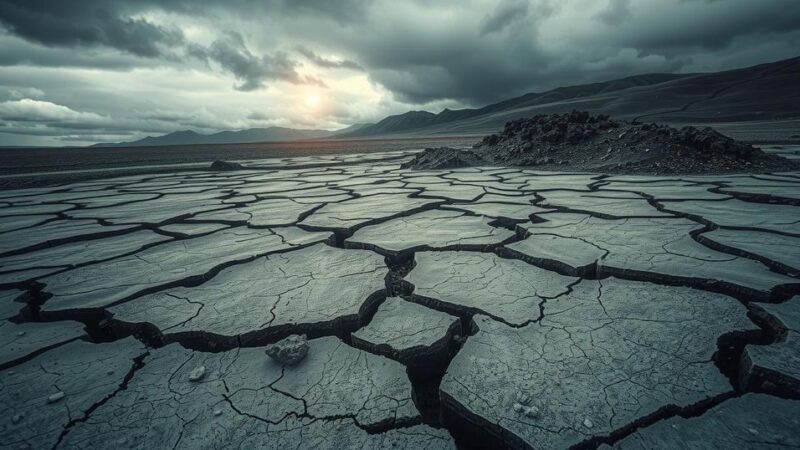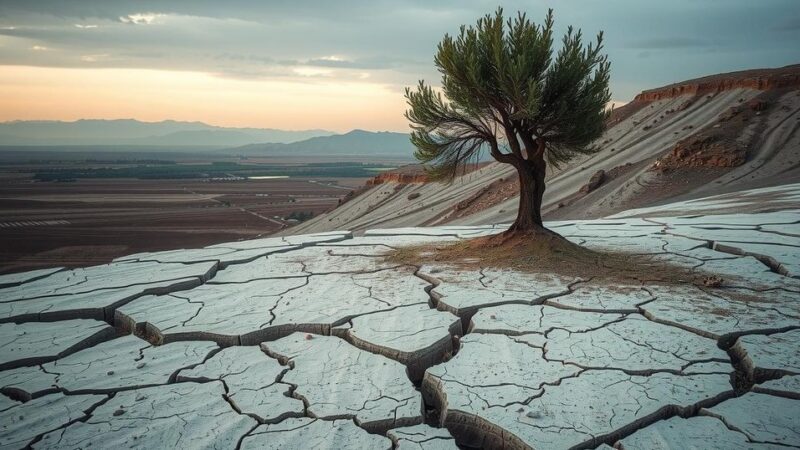M23, a Tutsi-led rebel group, seized Goma in the DRC, claiming to protect Congolese Tutsis amid alleged Rwandan backing. Their control has resulted in thousands of deaths and mass displacements. The DRC’s history of conflict, characterized by resource struggles and ineffective governance, raises fears of escalated violence. International and regional responses have faltered, leading to calls for urgent intervention to secure peace and stability in the region.
In early September 2023, the M23 rebel group, predominantly composed of Tutsis, captured Goma, the largest city in Eastern Democratic Republic of Congo (DRC). They assert that they are defending Congolese Tutsis from Hutu groups linked to Rwanda’s past genocide. Recent developments indicate an advance towards Bukavu, another significant city.
Currently, M23 controls key areas of Goma, including the airport and border posts, leading to more than 3,000 fatalities and the injury of nearly 2,900 individuals. Over 500,000 civilians have been displaced, and local residents have expressed frustration towards Western nations, accusing them of failing to act against the Rwanda-supported M23. The Congolese government has categorized Rwanda’s involvement as an act of war.
The DRC has been plagued by conflict since 1996, characterized by two major wars that involved multiple regional armies. The original conflict was incited by Rwanda, supported by Uganda and other nations, and led to widespread chaos, resulting in over six million deaths and significant displacement. The concern is that escalating tensions from the current M23 offensive could lead to further regional warfare.
The enduring violence in the DRC is attributed to three primary factors. Firstly, the inability of the Congolese state to effectively counter groups like M23 is evident, as the army is unable to manage numerous armed factions due to corruption and inefficiency. Secondly, the DRC’s rich mineral resources attract illicit trade and exploitation, fueling conflicts. Lastly, pervasive violence raises suspicions regarding Rwanda’s involvement in supporting M23, calling for international intervention.
An understanding of the DRC’s tumultuous history and its mineral wealth reveals that conflicts often stem from a struggle for resources and power dynamics among regional actors. The presence of multiple rebel factions and continuous foreign intervention complicates the Congolese landscape significantly, highlighting the challenges in governance and militant control. The role of international players is also crucial, as global attention can potentially influence peace processes amidst ongoing regional rivalries. Previous military efforts, such as the United Nations peacekeeping mission and regional military responses, have encountered significant hurdles in achieving stability. The need for a cohesive strategy is critical, especially given the rising tensions and potential for widespread displacement among civilians caught in the conflict zones. Furthermore, there is an urgent need for the international community to remain engaged in fostering peace, as local capacities are insufficient to handle the complexities of the current crisis.
The advancement of M23 in the DRC has raised alarming concerns regarding the possibility of renewed regional conflicts. With historical context demonstrating the devastating impacts of past wars and the ongoing quest for control over natural resources, the stakes are high. The ineffectiveness of the Congolese military and the complexities of international dynamics contribute to the precarious situation. For a sustainable resolution, concerted efforts by local leadership and international partners are essential to prevent further descent into chaos.
Original Source: www.deccanherald.com






